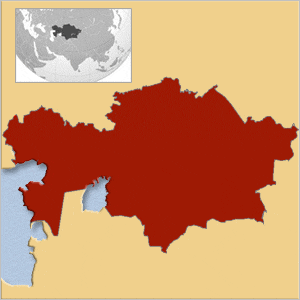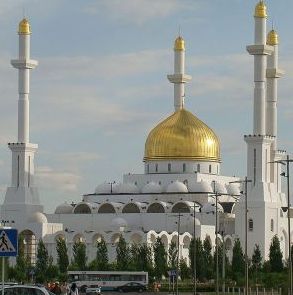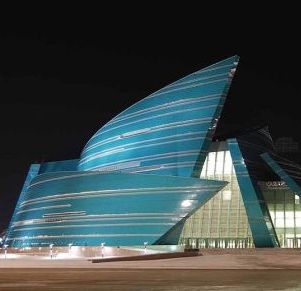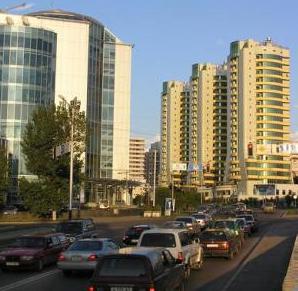 |
||||||||||||||||||

Ministry Foreign Affairs webpage The Republic of Kazakhstan is located in Central Asia. It is bound by Russia to the North and West; China to the East; and Kyrgyzstan, Uzbekistan, Turkmenistan to the South. Kazakhstan gained independence from the Soviet Union in 1991. Kazakhstan is ethnically and culturally diverse (with 131 nationalities), in part due to mass deportations received during Stalin's rule. In 2000, it became the first former Soviet republic to repay all of its debt to the International Monetary Fund (7 years ahead of schedule), and boasts a very strong economy still today. Education is universal and mandatory through to the secondary level and the adult literacy rate is 99.5%.  Kazakh wedding party / Photo Credit |
Kazakhstan
LabCap Objectives
Program HighlightsIn 2010, the CDC-Central Asia Regional (CAR) Office requested ASM LabCap assistance for enhancement and expansion of TB diagnostic services in Kazakhstan. With the collapse of the Soviet Union, the condition of TB bacteriology laboratories deteriorated in many of the Central Asian Republics. With the widespread crisis of multidrug-resistant (MDR)-TB, TB liquid culture is being introduced throughout in Kazakhstan, underscoring the need for further upgrading of TB laboratories. Following an introductory visit, ASM activities have included:
|
|||||||||||||||||



